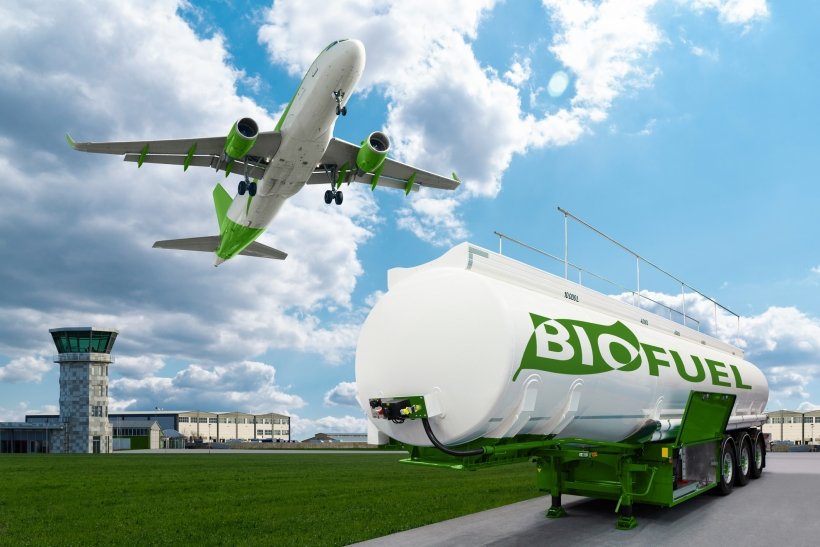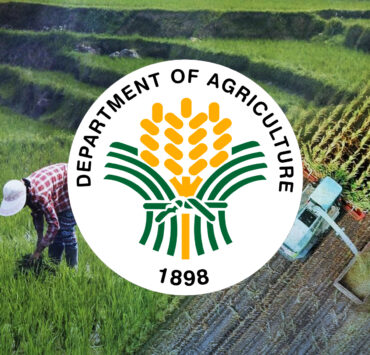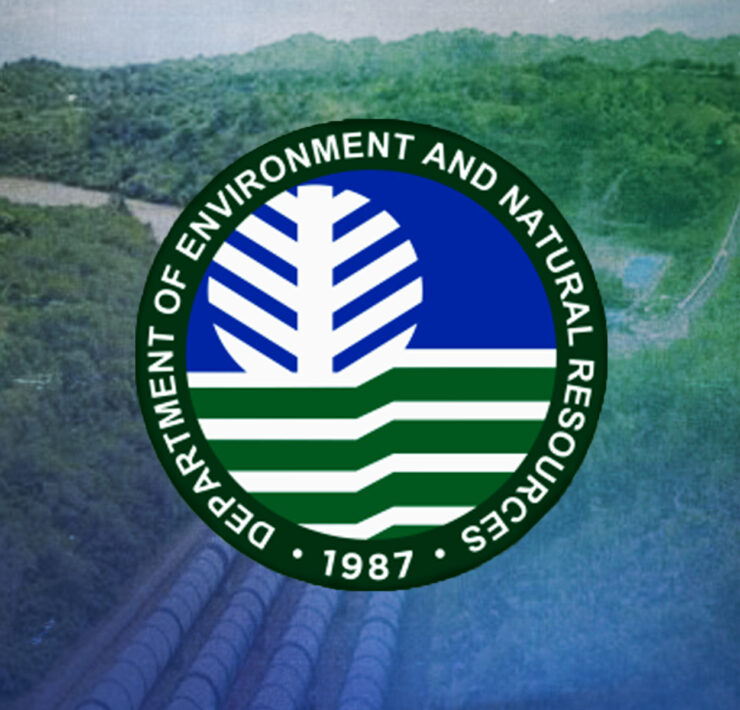Philippines could be a major exporter of green aviation fuel

The Philippines is showing its potential as a leading exporter of sustainable aviation fuel (SAF) at a time when the global aviation sector moves to lessen its carbon emission, according to a report.
Such a potential is due to ample feedstocks used for the production of the eco-friendly fuel.
In a joint Canadian-Asean research project, it was mentioned that the Philippines could become net exporters of SAF by 2040.
In this respect, the country is grouped along with Indonesia, Thailand and Vietnam.
Japan and South Korea, meanwhile, are seen as major importers of SAF.
The feedstocks in the Southeast Asian countries account for about 90 percent of the region’s SAF supply capacity, according to a study by aircraft manufacturer Boeing.
Bio-based feedstocks
In SAF production, bio-based feedstocks are required as input. These include rice husks and straws, cassava and sugarcane.
By 2050, the region is estimated to produce approximately 45.7 million metric tons of SAF.
The non-fossil SAF is deemed environment-friendly because it can reduce carbon emission by up to 84 percent.
In order to further grow SAF feedstock supply, the joint study cited the need for improved farming practices, in addition to enhancing irrigation and deepening research in crop optimization.
“By leveraging regional resources and innovation, we are not only addressing environmental challenges but also driving economic growth and enhancing energy security,” said Satvinder Singh, deputy secretary-general of the Asean Economic Community.
Sharmine Tan, regional sustainability lead at Boeing in Southeast Asia, said that SAF is the sector’s “biggest opportunity to cut aviation emissions over the next 30 years.”
“To unlock this potential, governments and industry must act decisively, harmonize sustainability policies, invest in infrastructure and scale local production to build a robust regional SAF ecosystem,” Tan added.
Local airlines have been making moves to make their operations sustainable.
Cebu Pacific, for example, signed a memorandum of understanding with Shell Aviation for SAF supply deal of 25,000 metric tons annually for five years beginning 2026.
Philippine Airlines (PAL), meanwhile, tapped the expertise of climate scientists and science diplomat Glenn Banaguas, president and founder of the Environmental and Climate Change Research Institute, in developing their green strategy.





















